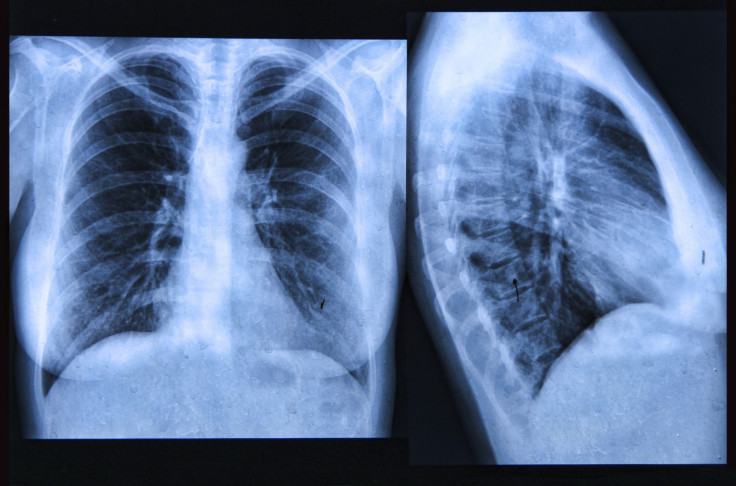Cystic fibrosis gene therapy shows promising results for lung function in trial

A gene therapy for cystic fibrosis has shown promising results in a study of 116 patients with the disease.
CF affects around 10,000 people in the UK and is the most common lethal inherited disease in the country. Sufferers' lungs fill with a thick sticky mucus, making them vulnerable to chest infections and eventually destroying the lungs.
There is no cure but treatment can help to ease symptoms meaning the disease is easier to live with. In severe cases, a lung transplant could be recommended.
Scientists from Imperial College London, Oxford and Edinburgh Universities have now developed a therapy that replaces the faulty gene that causes cystic fibrosis, with promising results emerging from a trail of 116 patients.
CF is caused by mutations in the gene on chromosome 7, meaning it is possible to introduce a normal copy of the gene.
Participants were given monthly doses of the gene therapy or a placebo for one year. Lung function was assessed by measuring the volume of air exhaled by patients in one second.
The therapy was delivered by inhaling molecules of DNA wrapped in fat globules that deliver the normal gene to the cells of the lining of the lungs.
This clinical trial is the first time that gene therapy has been shown to have a significant benefit in lung function
Those who received the therapy had a significant improvement in lung function compared to the placebo group – with function up 3.7% on average. Among those who had the worst function at the start of the study, this rose to a 6.4% improvement.
Results were published in The Lancet Respiratory Medicine and while the outcome was positive, the study authors said it is important to remain reserved over the therapy as potential treatment in a clinical setting.
Deborah Gill, from Oxford University, said: "This clinical trial is the first time that gene therapy has been shown to have a significant benefit in lung function. We have spent several years working to improve the gene therapy – specifically the plasmid molecule carrying the gene – to make sure the beneficial effects could last a long time, rather than only the few days that had been observed in earlier trials.
"Whilst these results are promising, the gene therapy is not ready to give to patients tomorrow. While on average patient lung function improved measurably, some patients did not notice any benefit from the treatments, so we need a follow-on study."
She said in future trials they hope to deliver greater amounts of the gene therapy at more regular intervals to see if the effects are better.
Ed Owen, chief executive of the Cystic Fibrosis Trust, said: "The results of this pioneering clinical trial are promising and suggest that it is possible to slow the decline of lung function in cystic fibrosis patients. Further clinical research is now needed to confirm the safety and efficacy of gene therapy."
© Copyright IBTimes 2025. All rights reserved.






















